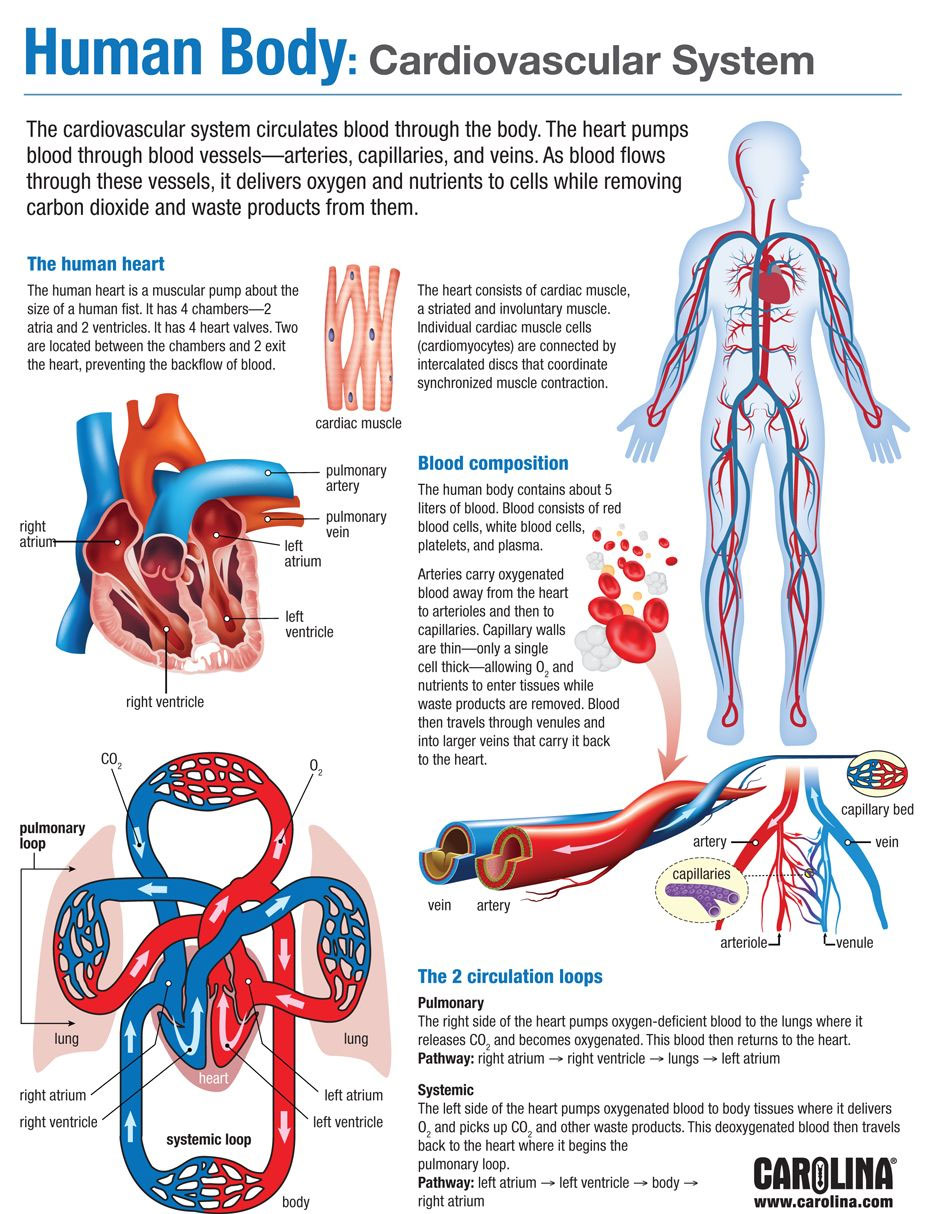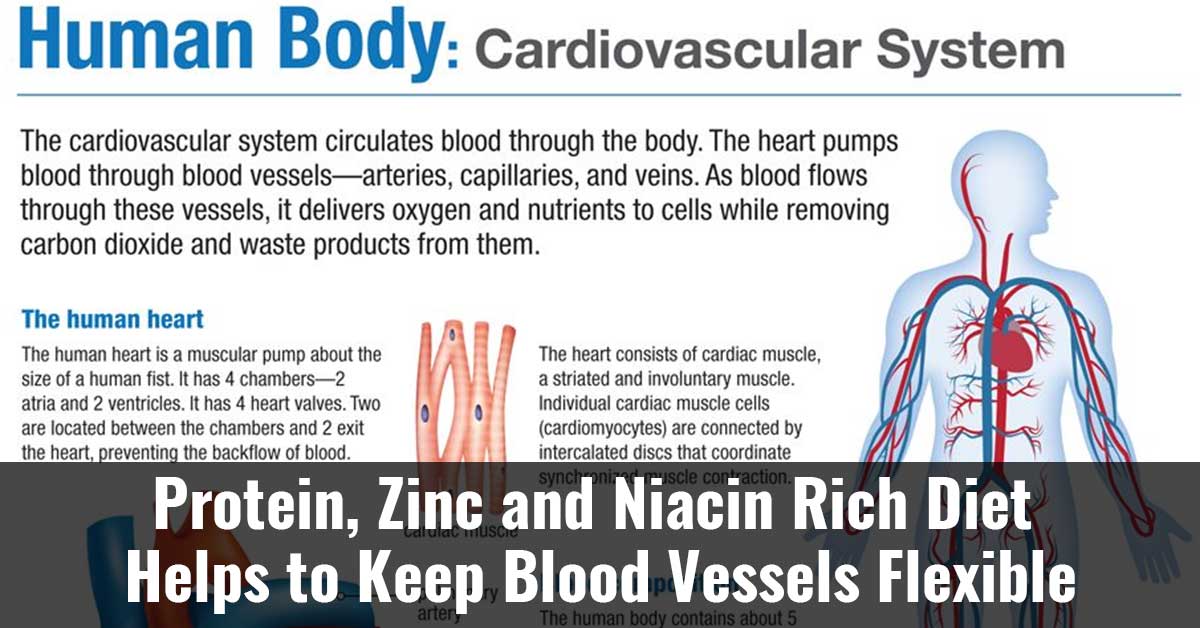Researchers have associated important nutrients, such as protein, zinc, and niacin, with cardiovascular health improvements.
Cardiovascular and metabolic health improvements seen in obese individuals while losing weight are usually credited to either the weight loss itself or the associated changes in blood fats, blood pressure, or glucose.
The possibility that the diet make-up itself also plays a part hasn’t been extensively researched, apart from fats, carbohydrates, and protein. The researchers were curious about how important other nutrients could be.
A total of 72 individuals with obesity and metabolic syndrome aged 53 years on average participated in an intensive weight loss program lasting 1 year. This included personalized exercise and diet plans with regular dietician and physician meetings.
The individuals, who had a BMI of 34.28 kg/m2 at the start of the study, were requested to fill in a comprehensive dietary questionnaire a week prior to commencing their exercise and diet plans as well as a year later.
Arterial wall stiffening is associated with an increased cardiovascular morbidity and mortality risk and so the flexibility of blood vessels was made use of as a cardiovascular health proxy.
Three different blood vessel flexibility measures were taken: flow-mediated dilation, common carotid artery intima-media thickness, and pulse wave velocity.
After 1 year, BMI had decreased by 9.4% and all 3 blood vessel flexibility measures had improved with flow-mediated dilation improving by an average of 47%, pulse wave velocity improving by 13% and intima-media thickness improving by 1%.
The pulse wave velocity improvements were linked to calorie and saturated fat intake reductions and zinc intake increases.
Zinc plays an important part in nitric oxide synthesis in the blood vessels which helps relax the blood vessels’ inner muscles, causing them to widen.
Intima media thickness improvements were associated with calorie and saturated fat consumption reductions and increases in protein intake.
Flow-mediated dilation improvements were associated with niacin intake increases. Niacin is known for dilating blood vessels, primarily in the upper body.
Changes in specific food component consumption were found to be associated with improved vascular function and structure. A Mediterranean diet, rich in protein such as eggs, poultry, fish, lean and dairy products, rich in veggies, seeds, and nuts, with moderate fruit and grain consumption, can help to improve vascular flexibility, subsequently protecting the cardiovascular system indirectly.
The zinc-rich foods in the diet plan were meat, nuts pumpkin seeds, and sunflower seeds. Niacin was provided by fish and meat.

Image Source – carolina



